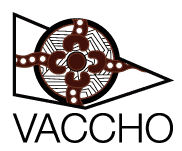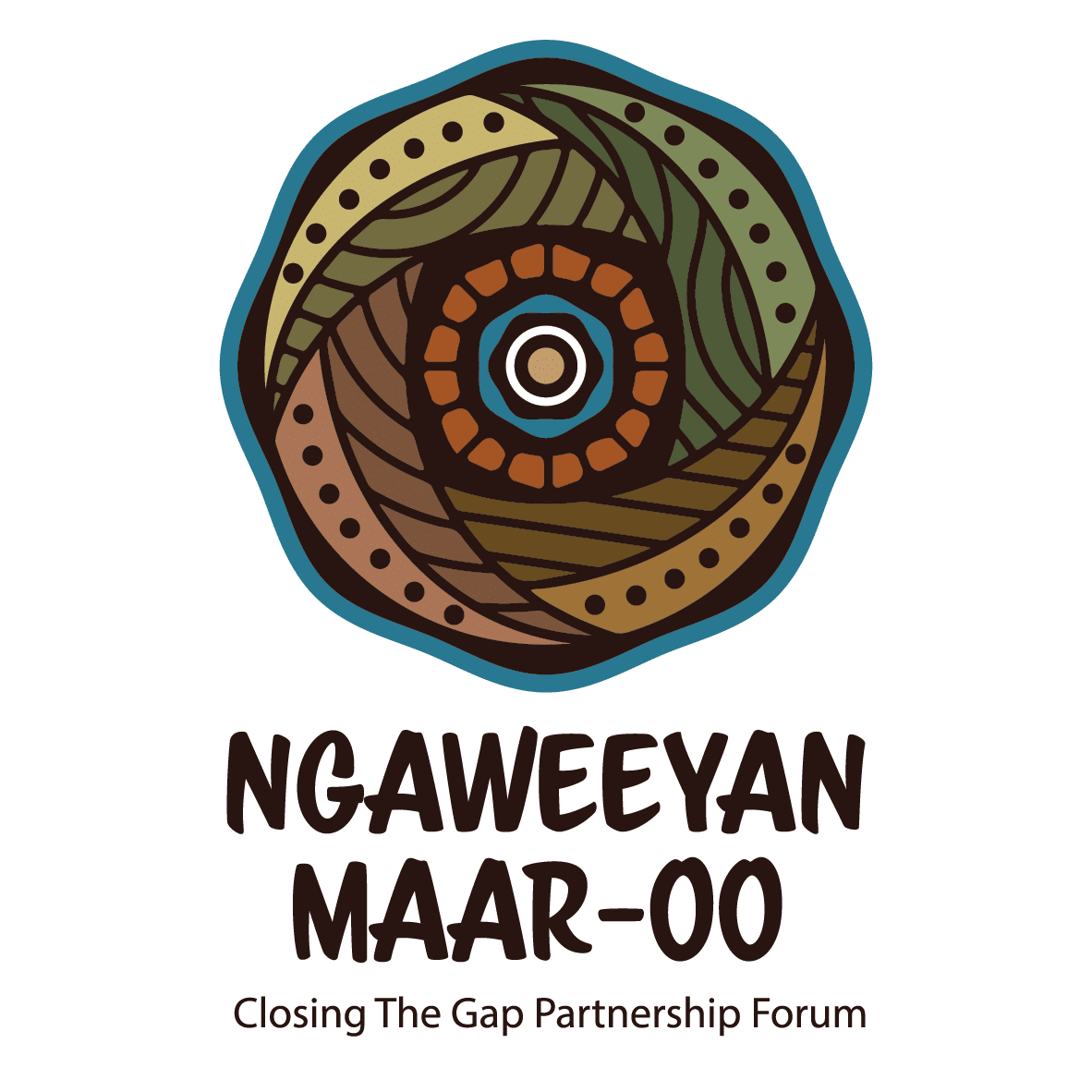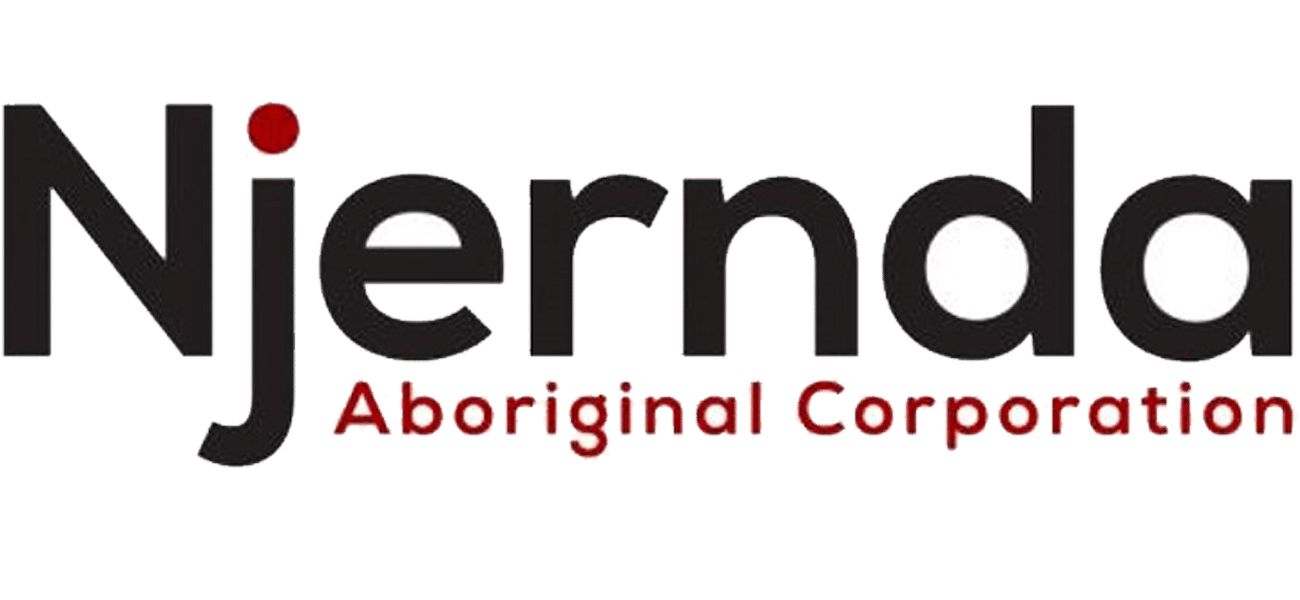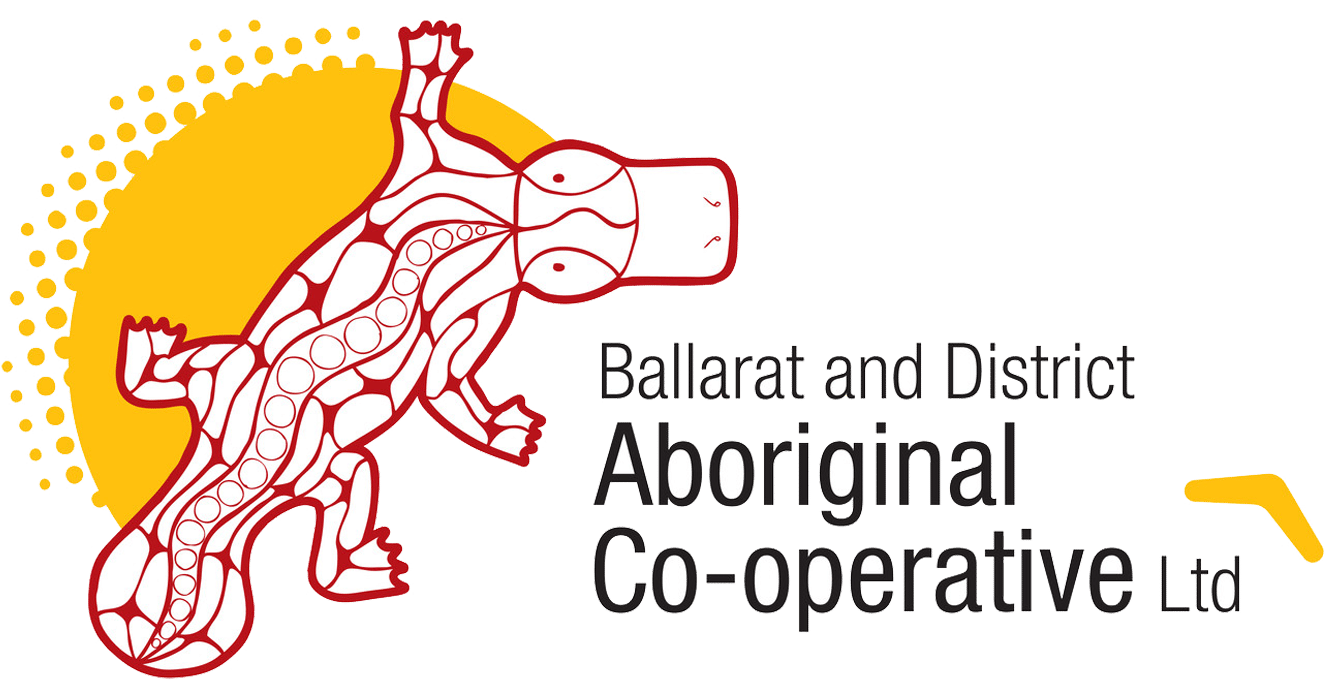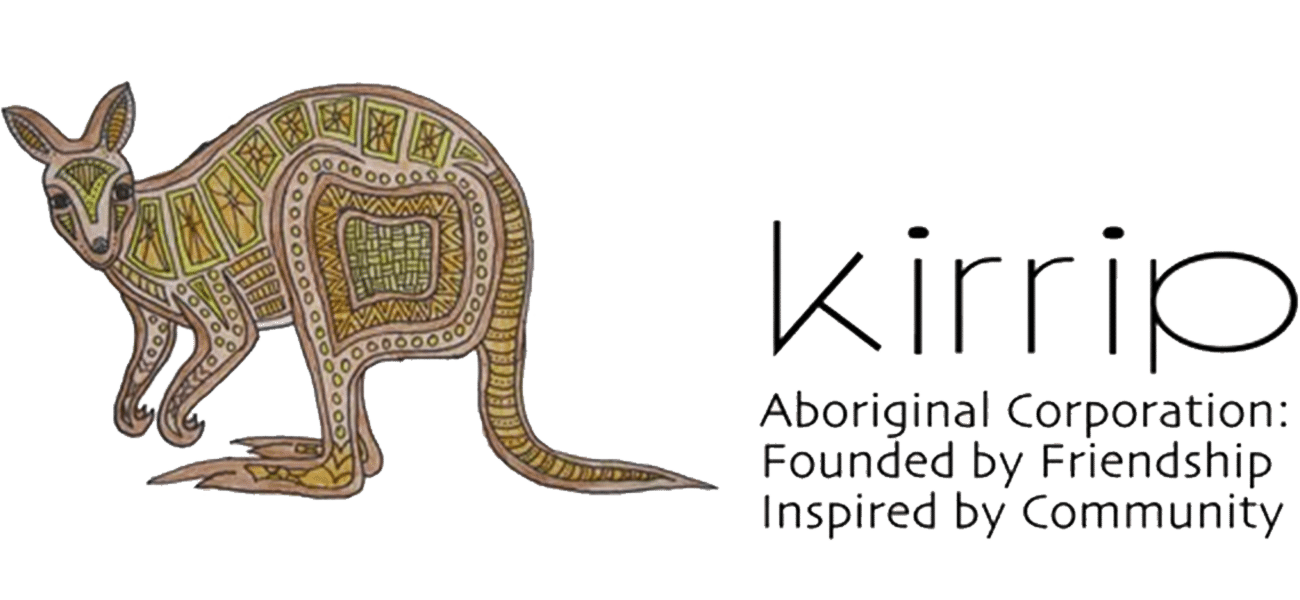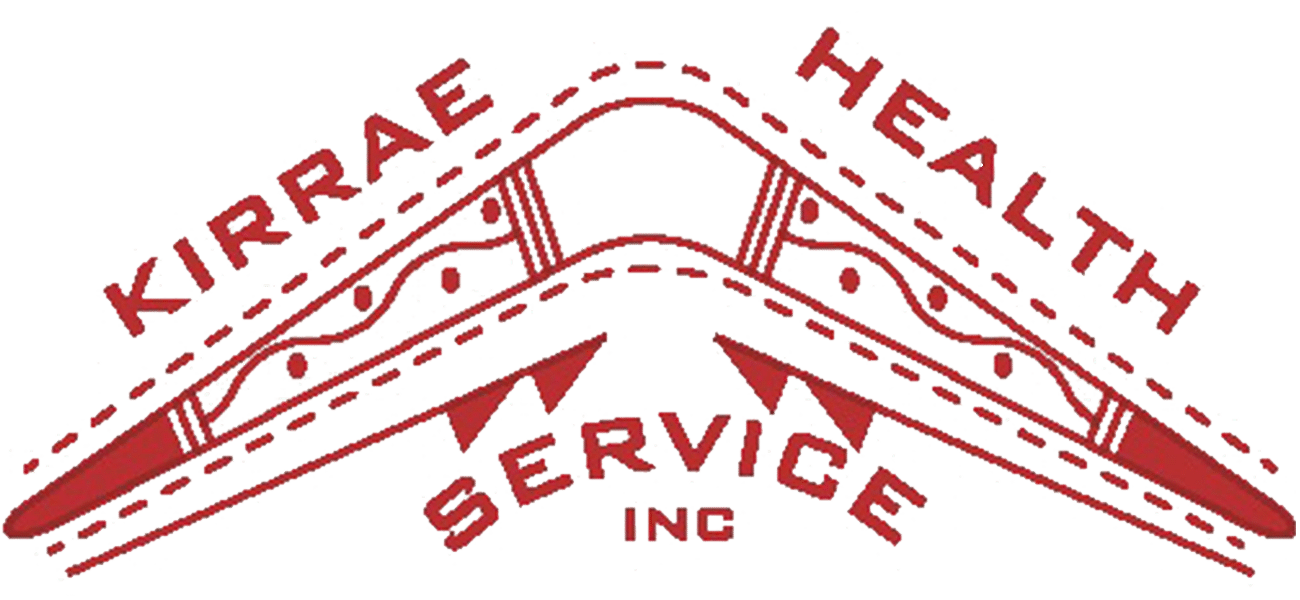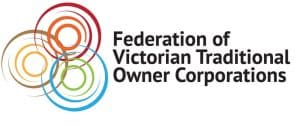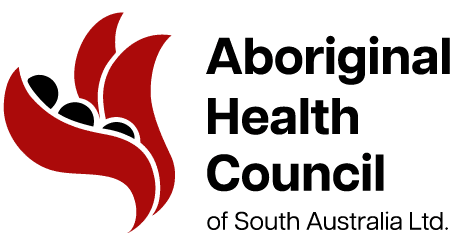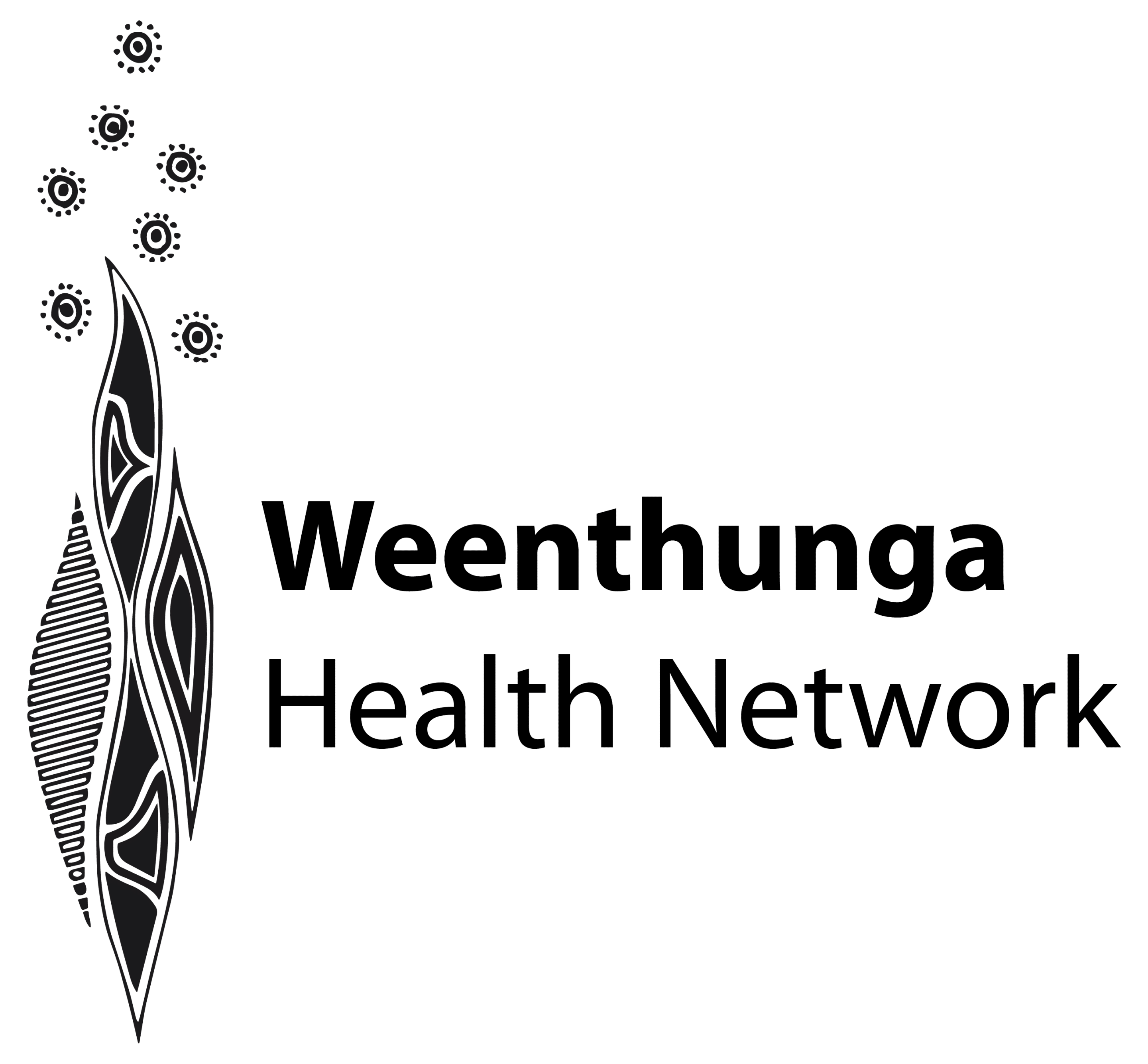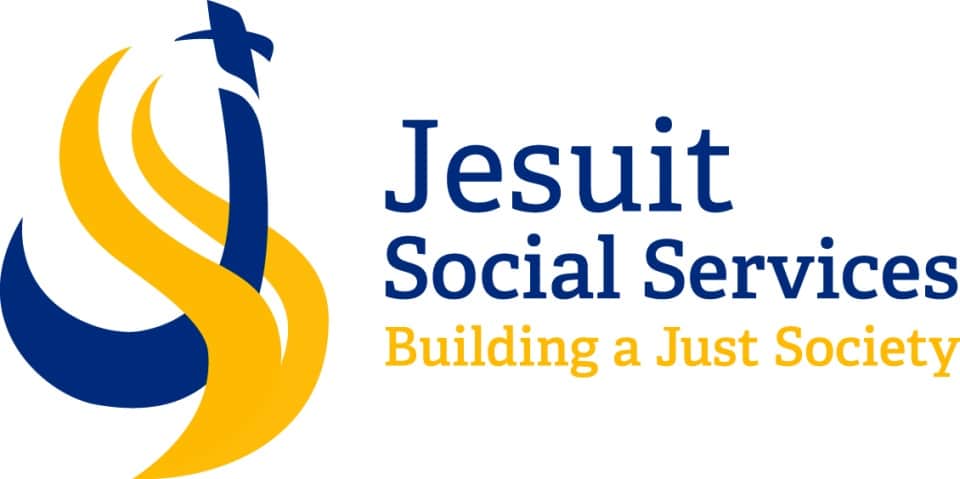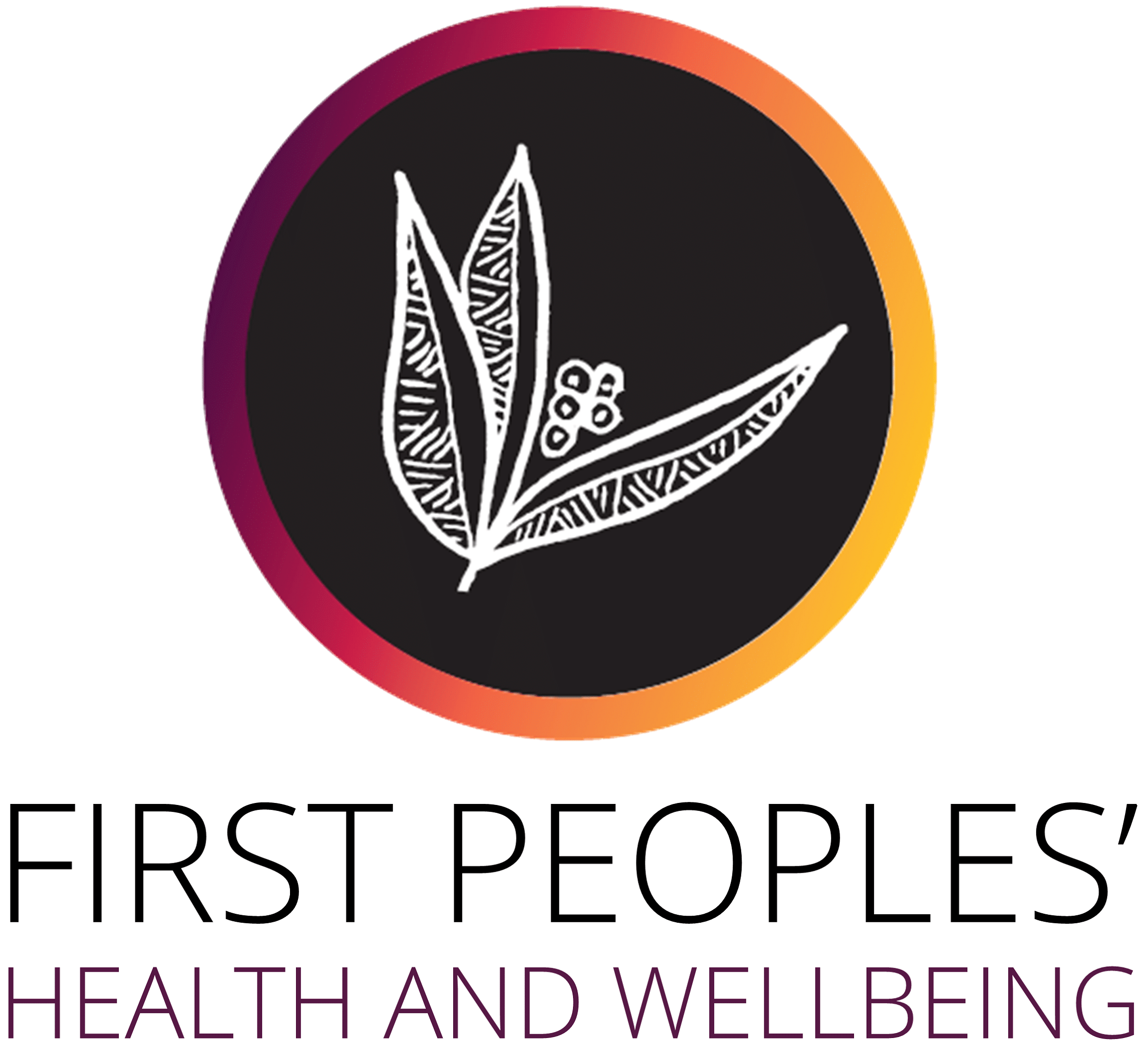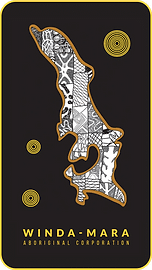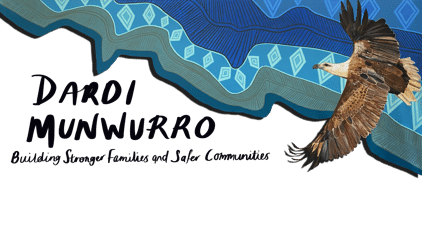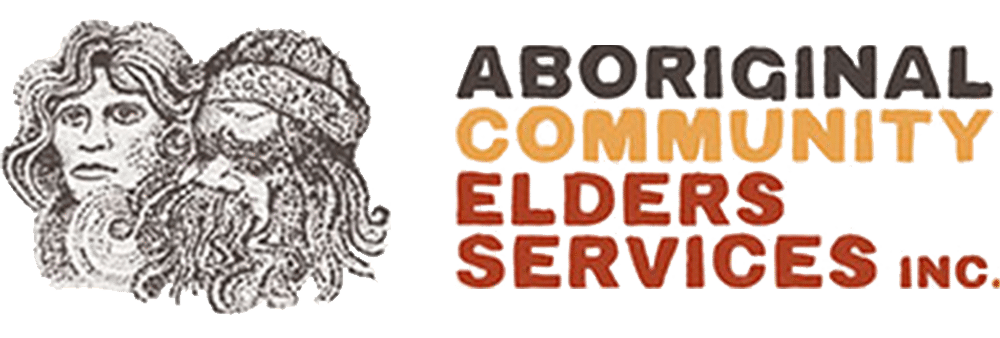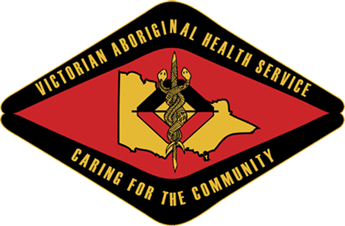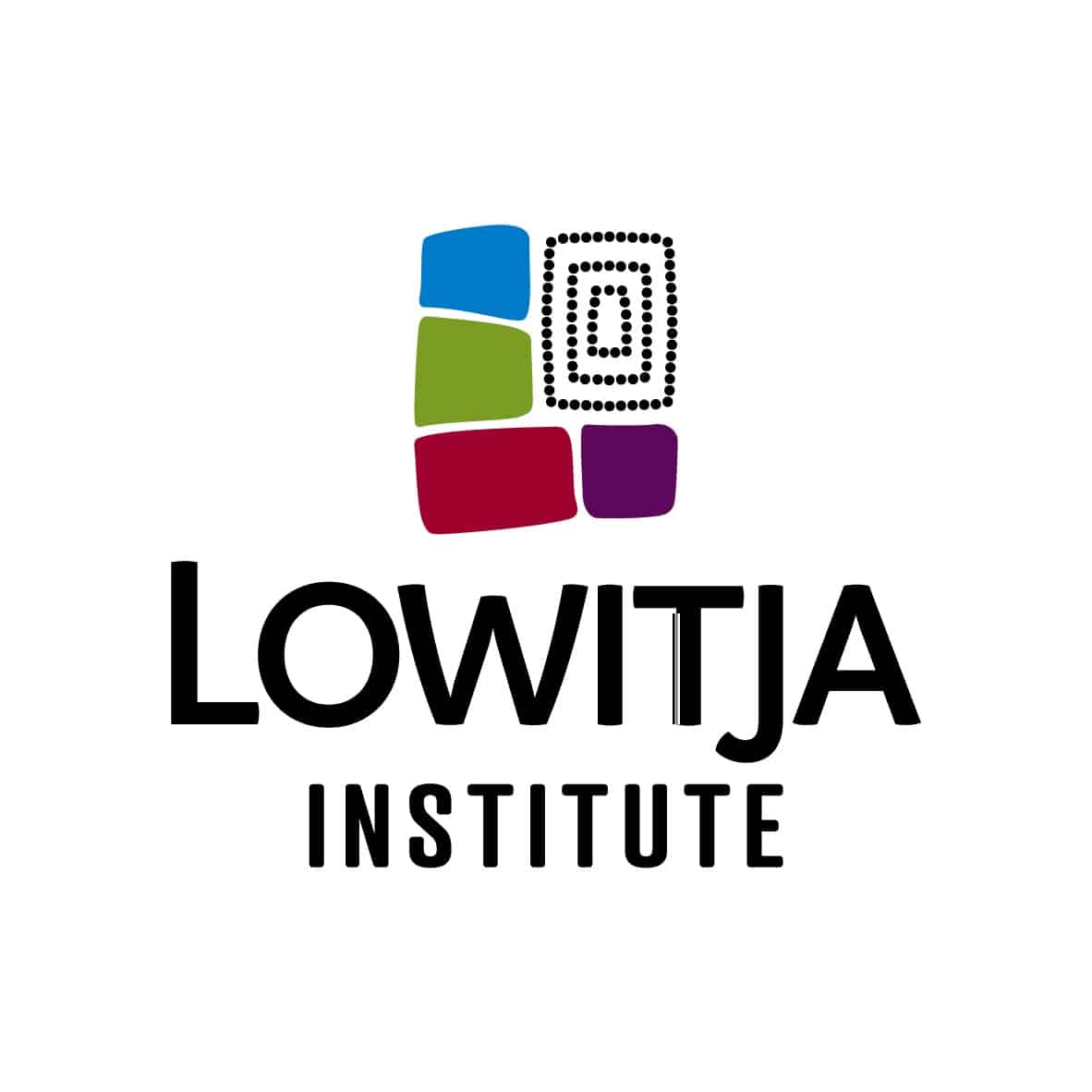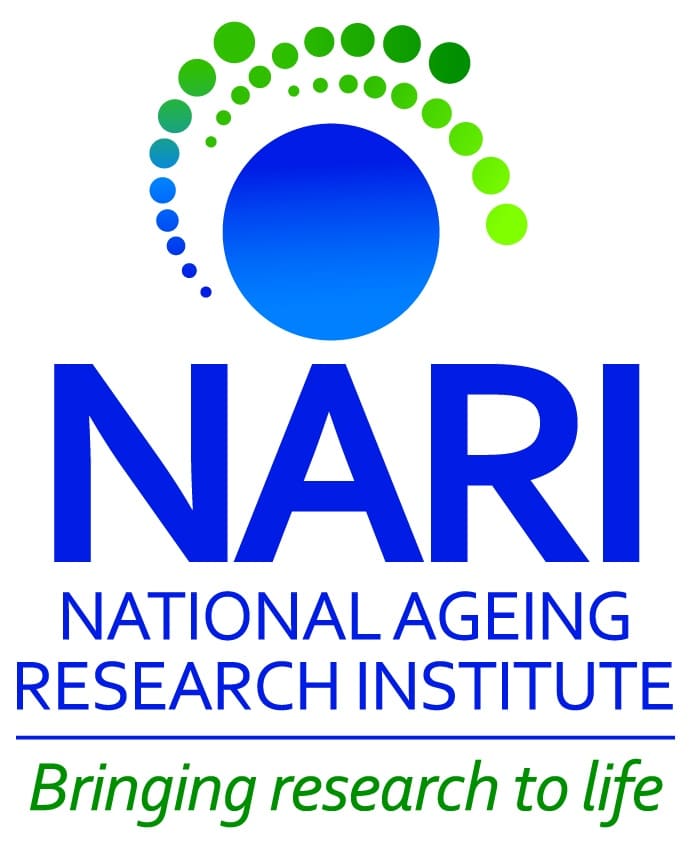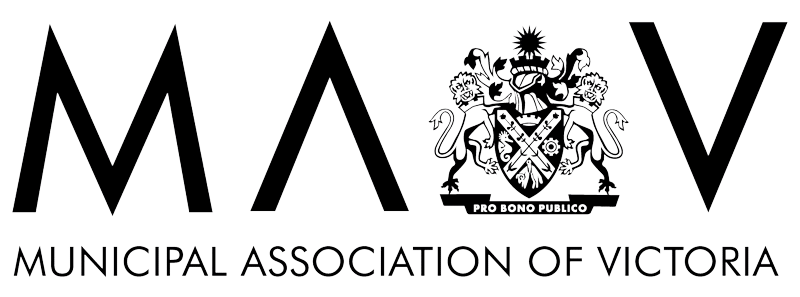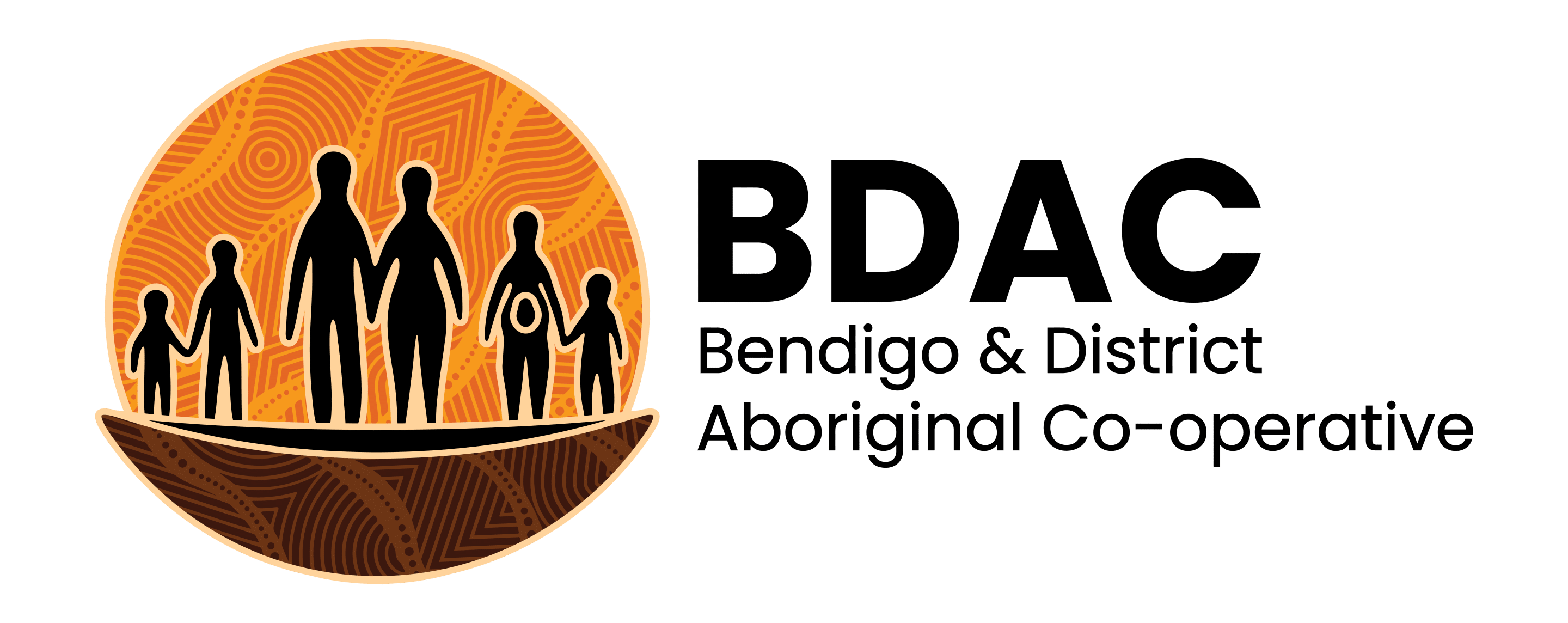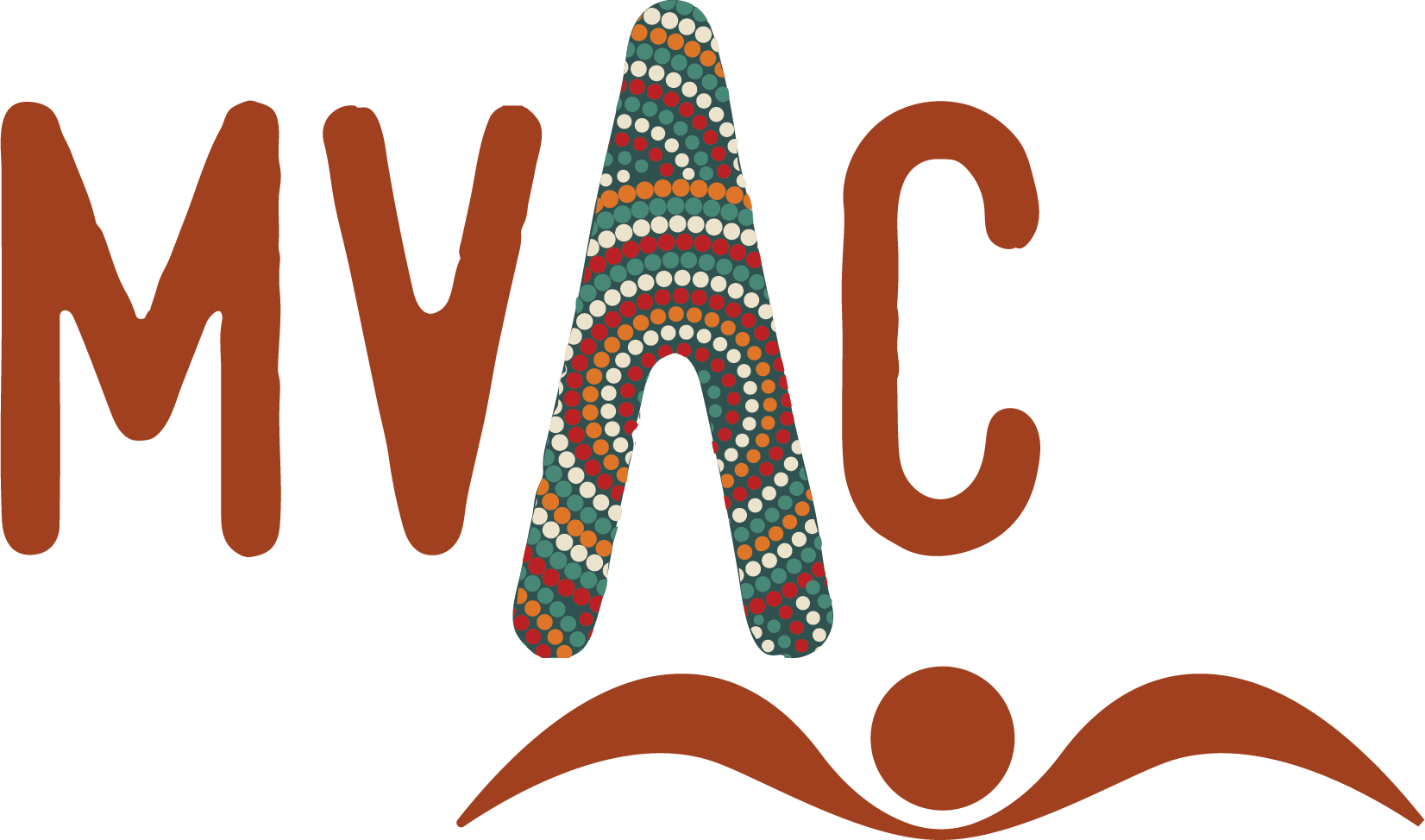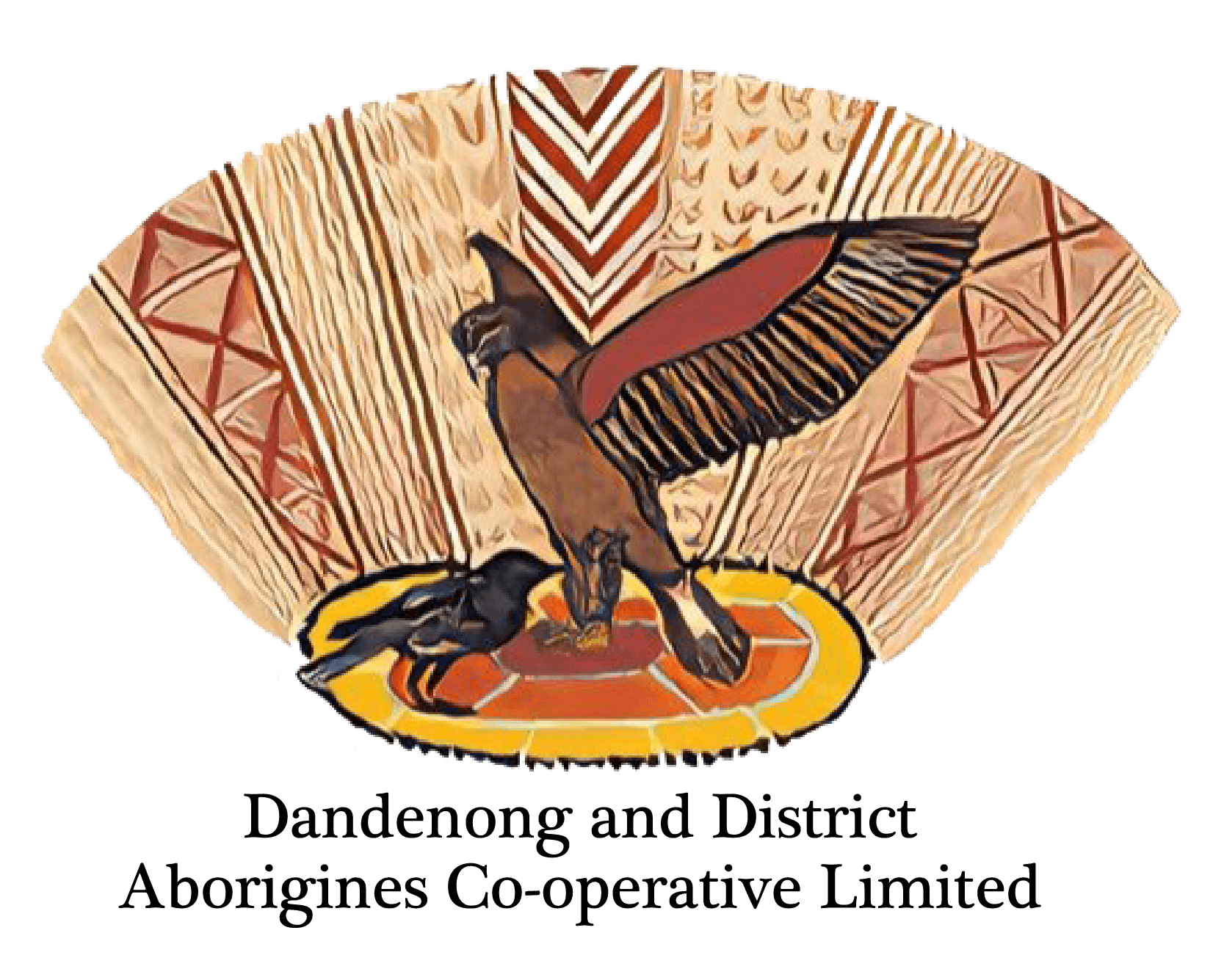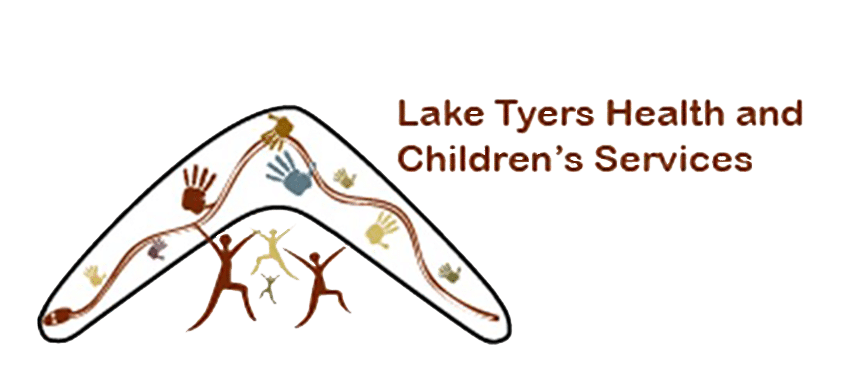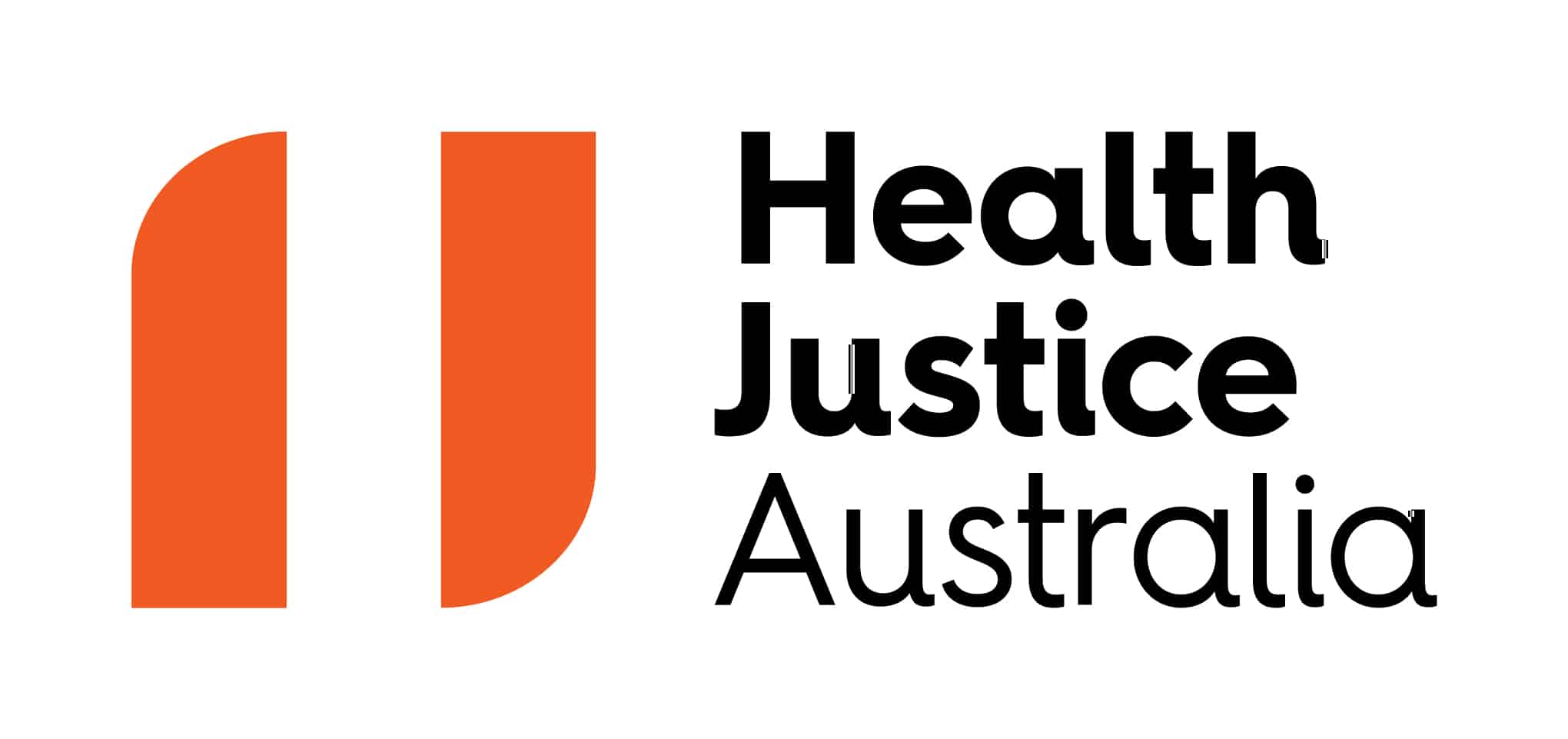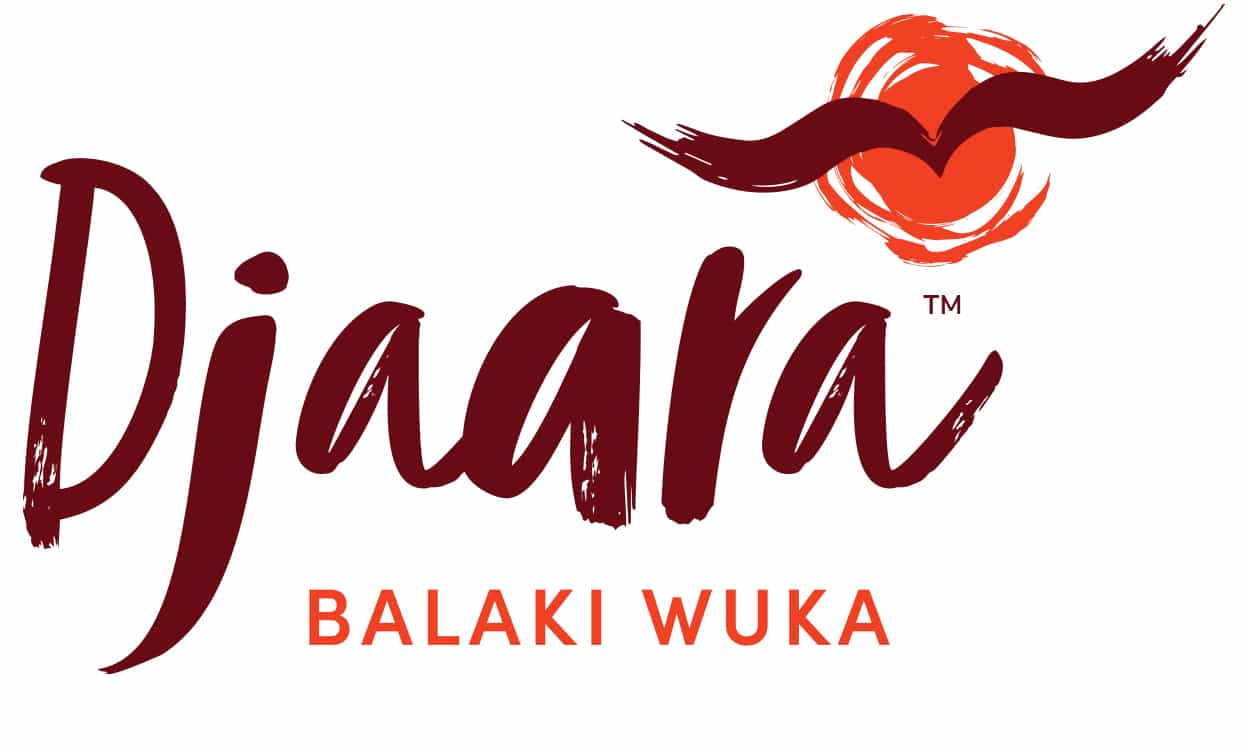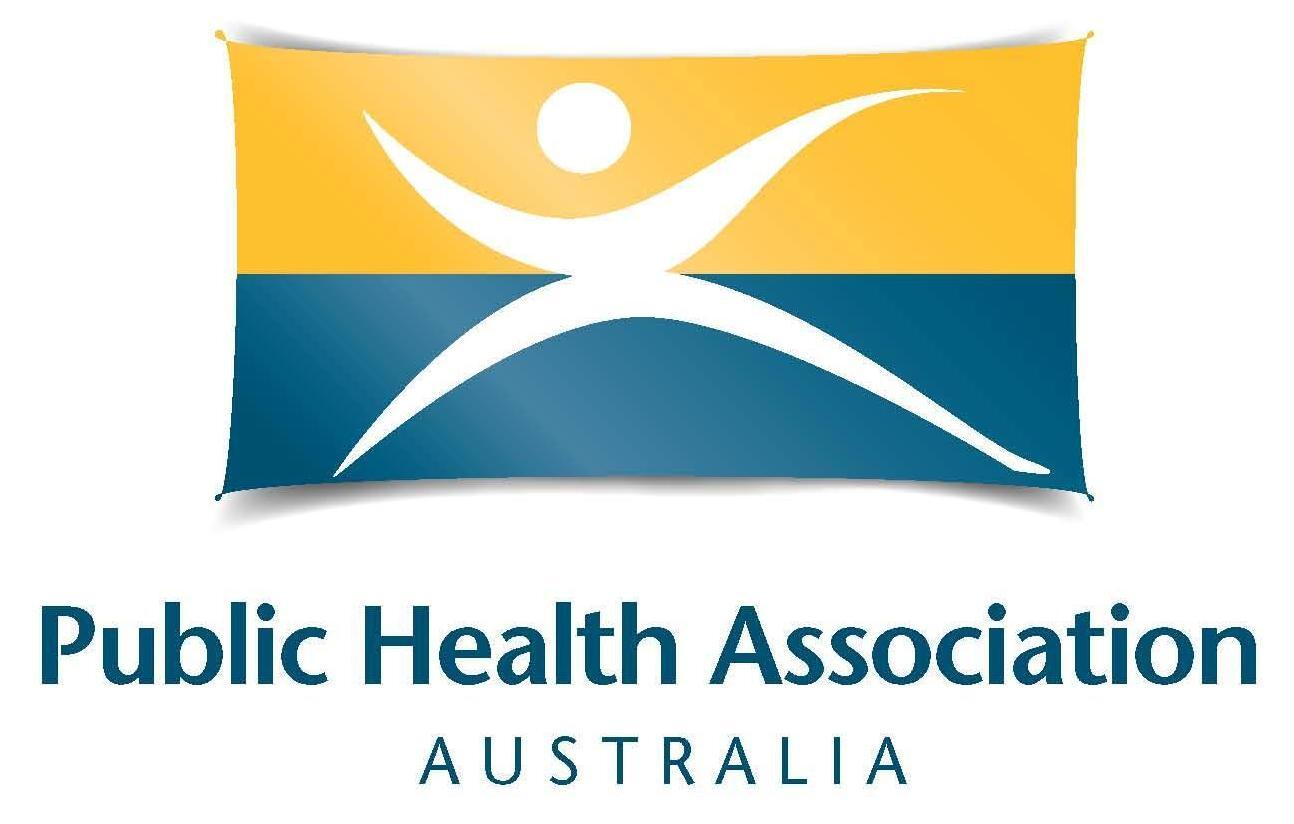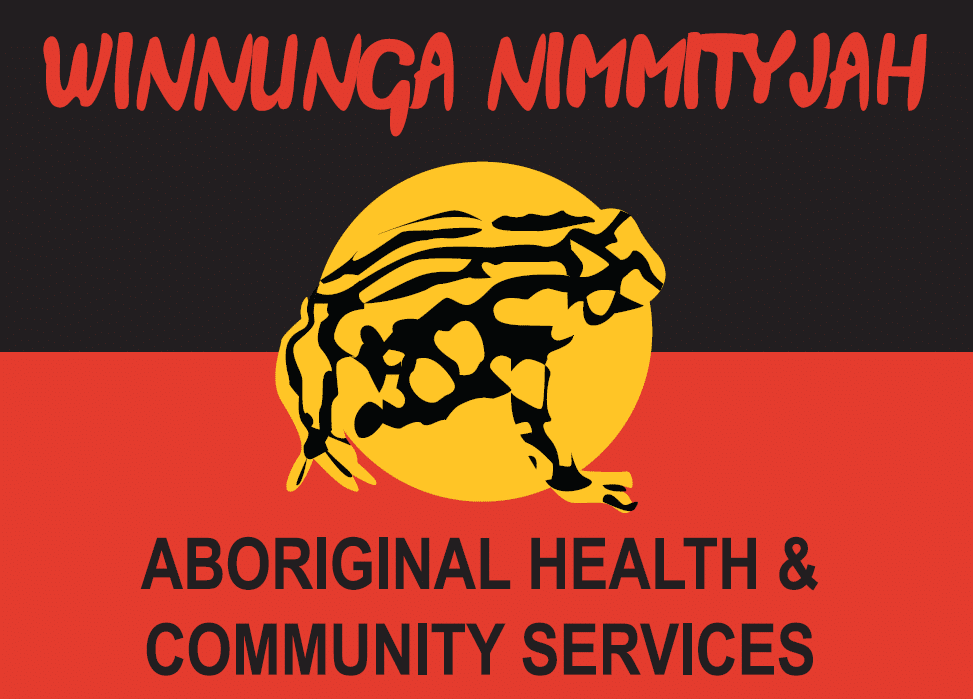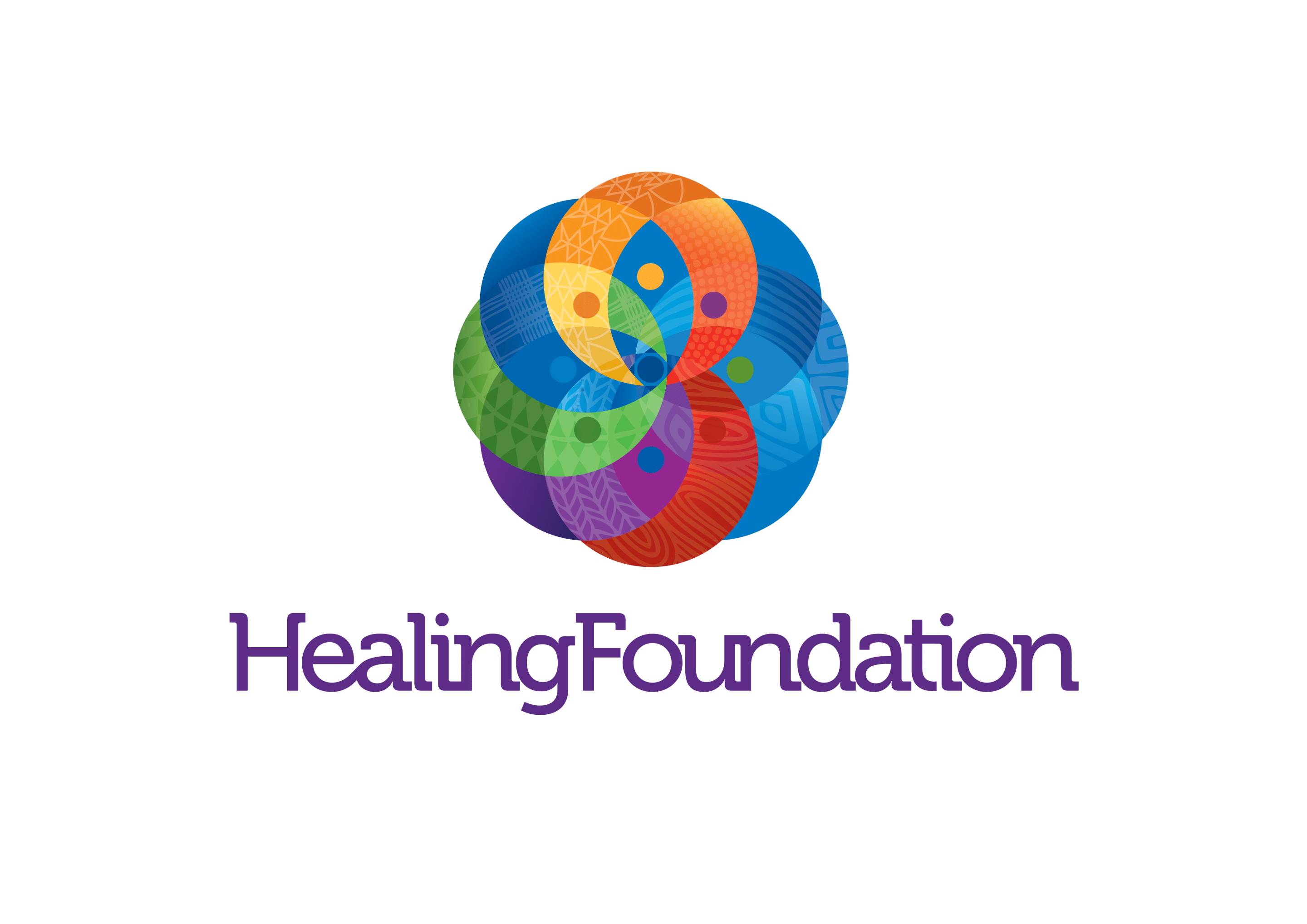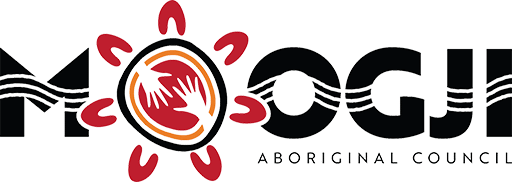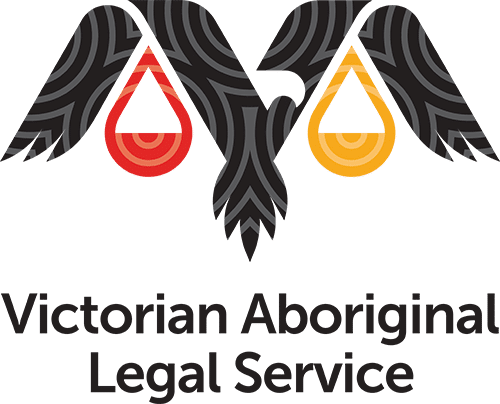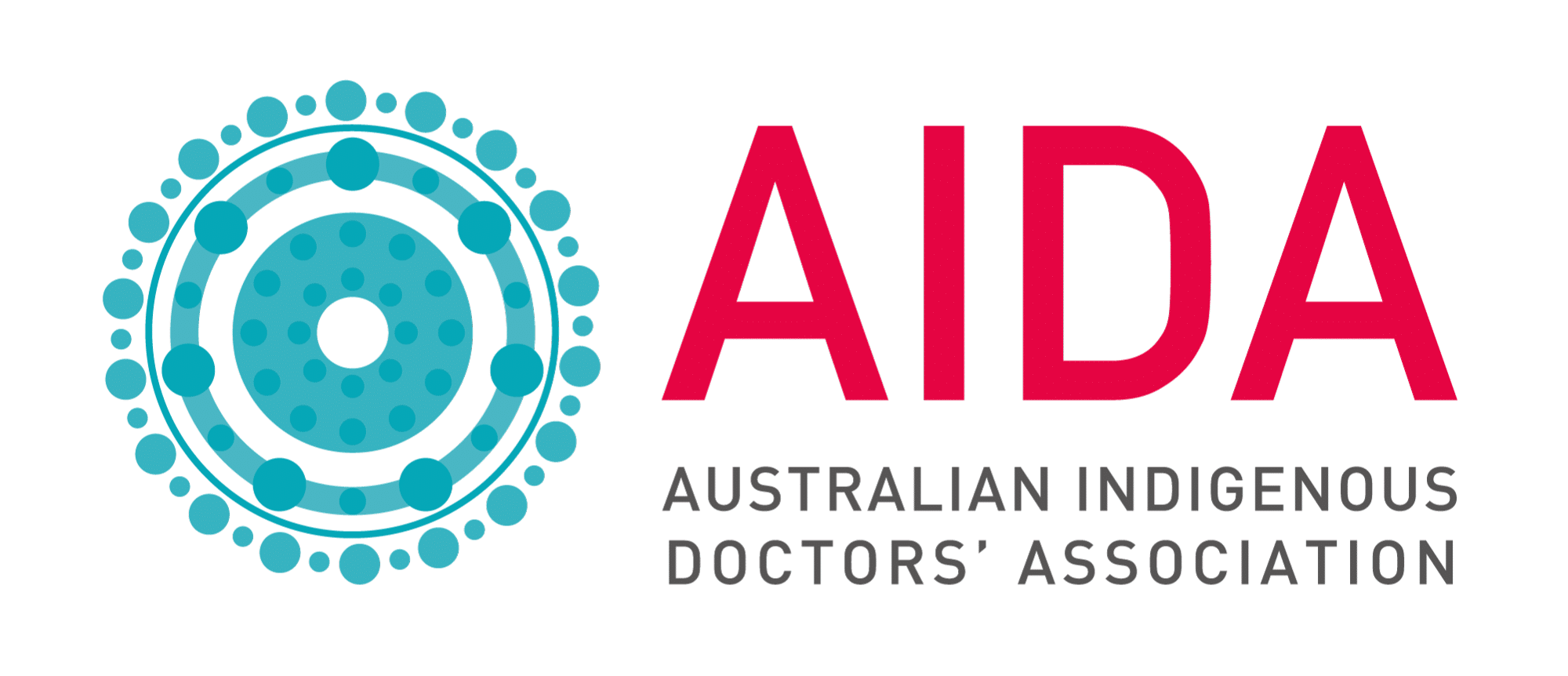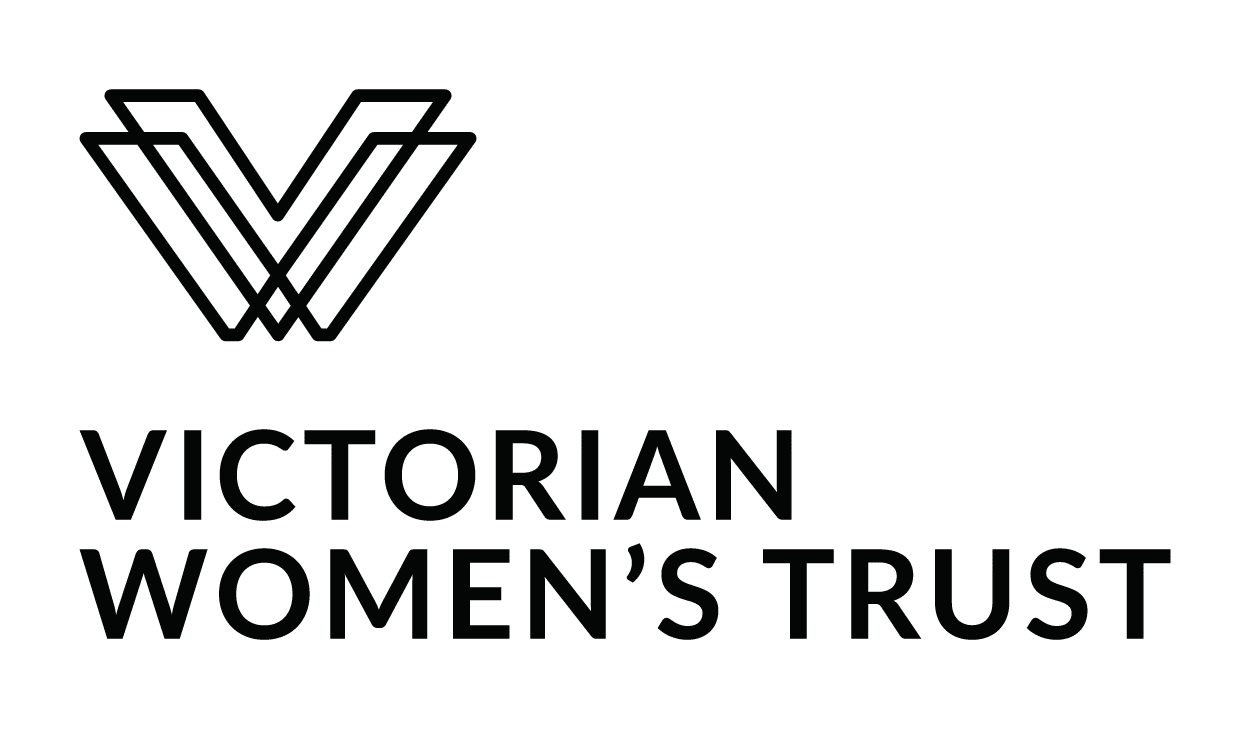Aged Care Reforms: What Elders and Community Need to Know
Support at Home and the Risks for Aboriginal and Torres Strait Islander Elders
From 1 November 2025, major changes to Australia’s aged care system came into effect with the rollout of the Support at Home program and, in time, also result in the ‘mainstreaming’ of ACCO services.
While these reforms aim to simplify the system, they risk creating new barriers for Aboriginal and Torres Strait Islander Elders, undermine the role of Aboriginal Community Controlled Organisations (ACCOs) in delivering culturally safe care and deliver inequitable outcomes for Community.
Under the proposed legislation, Aboriginal people will face up to 15 years of paying fees and co-contributions for aged care services without having access to their retirement savings.
This page explains:
-
What’s changing in aged care
-
How the reforms will impact Elders and ACCOs
-
The changes VACCHO and our supporters are advocating for
-
What you can do
What's changing?
Major changes to Australia’s aged care system will see the Commonwealth Home Support Program (CHSP) and Home Care Package (HCP) programs merge into a single Support at Home program, ending block-funded service delivery.
CHSP currently provides block-funded grants to service providers, including ACCOs, to deliver essential, low-level supports like cleaning, meals, personal care, and transport for Elders.
Thousands of Elders rely on CHSP while waiting for HCPs due to a longstanding national shortage of packages. Many ACCOs deliver CHSP services, ensuring Elders receive culturally safe, community-led support without any out-of-pocket costs to Elders.
From 1 November 2025:
Individual Support at Home packages will replace fixed packages (and end block-funding for service providers)
- Packages will be calculated using a needs-based formula (e.g. $20k–$80k per person per year).
- Elders will get immediate access to their budget—no more waiting lists for Home Care Packages.
Means tested fees and co-contributions will be introduced
- Currently, Aboriginal Elders do not need to pay any out-of-pocket expenses.
- Based on support needs at low to moderate levels, it is estimated that Aboriginal Elders are likely to face co-contributions starting at between $50 – 150 per week to receive essential non-clinical care such as cleaning, personal care, meals, and transport.
- All nonclinical services will require Elders to pay co-contributions:
-
-
- Independence services (personal care, transport, domestic help): 5–50% of costs
- Everyday living services (meals, cleaning, gardening): 17.5–80% of costs
Note: Clinical services remain fully funded (nursing, medical care).
-
-
The Impact
The new co-contributions and means testing under Support at Home risk creating additional barriers for Elders to access much needed care. This could:
Make essential services less affordable and less accessible for Aboriginal and Torres Strait Islander Elders.
They may be forced to apply for financial hardship which is complex and undignified. Many Elders may be forced to go without essential services like meals, transport, cleaning and daily non-clinical support. This is particularly problematic for survivors of the Stolen Generations who will have their redress payments captured as as asset in the calculation of these fees. Many of our Stolen Generation survivors have faced lifelong poverty and disadvantage because of the harmful government policies that saw them taken from their homes and families and now the Government is taking away what little they did to address this.
Further entrench systemic disadvantage rather than deliver equity in aged care.
Under the proposed legislation, Aboriginal people will face up to 15 years of paying fees and co-contributions for aged care services without having access to their retirement savings.
Undermine culturally safe, community-controlled care provided by ACCOs.
While Priority Reform Two of the National Agreement on Closing the Gap commits to strengthening the Aboriginal Community Controlled sector, the new aged care reforms risk undermining it. The shift away from CHSP block funding and the lack of pathways for new ACCO-led residential aged care services weakens the ACCO sector. Under the new legislation ACCOs will be required to charge means tested fees and co-contributions to Aboriginal and Torres Strait Islander older people and Elders.
Hear from Uncle Carey MacDonald
These reforms contradict the Government’s Closing the Gap commitments to equity, self-determination, and healthy ageing
What VACCHO is Advocating For
VACCHO and our supporters are calling for the Australian Government to immediately stop the mainstreaming of Aboriginal aged care pathways and instead:
Exempt Aboriginal and Torres Strait Islander Elders from means tested fees and co-contributions under Support at Home.
Develop an Aboriginal and Torres Strait Islander Aged Care Pathway – Consistent with the Royal Commission into Aged Care Quality and Safety, develop an aged care pathway for Elders that recognises and appropriately funds the Aboriginal Community Controlled Sector.
